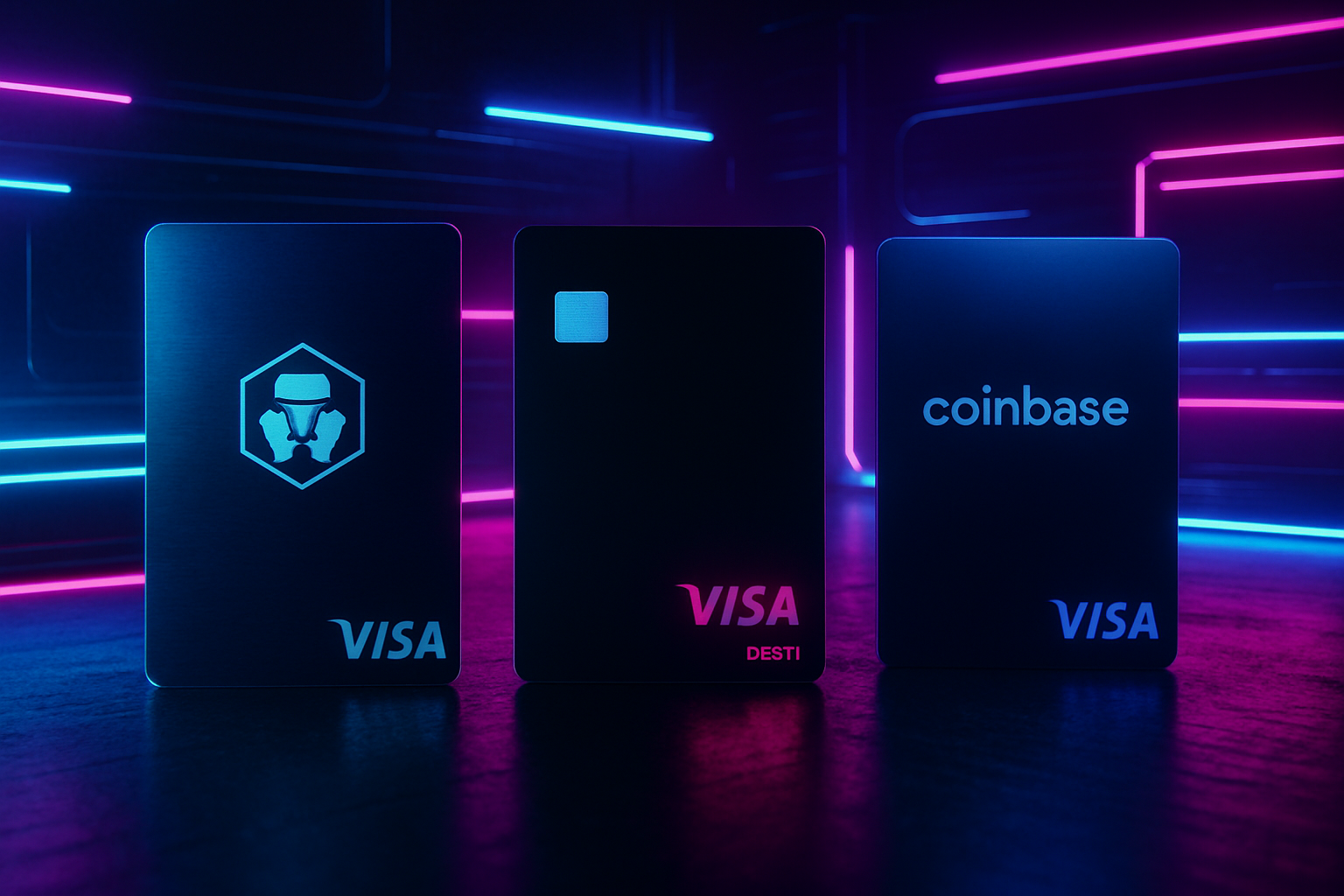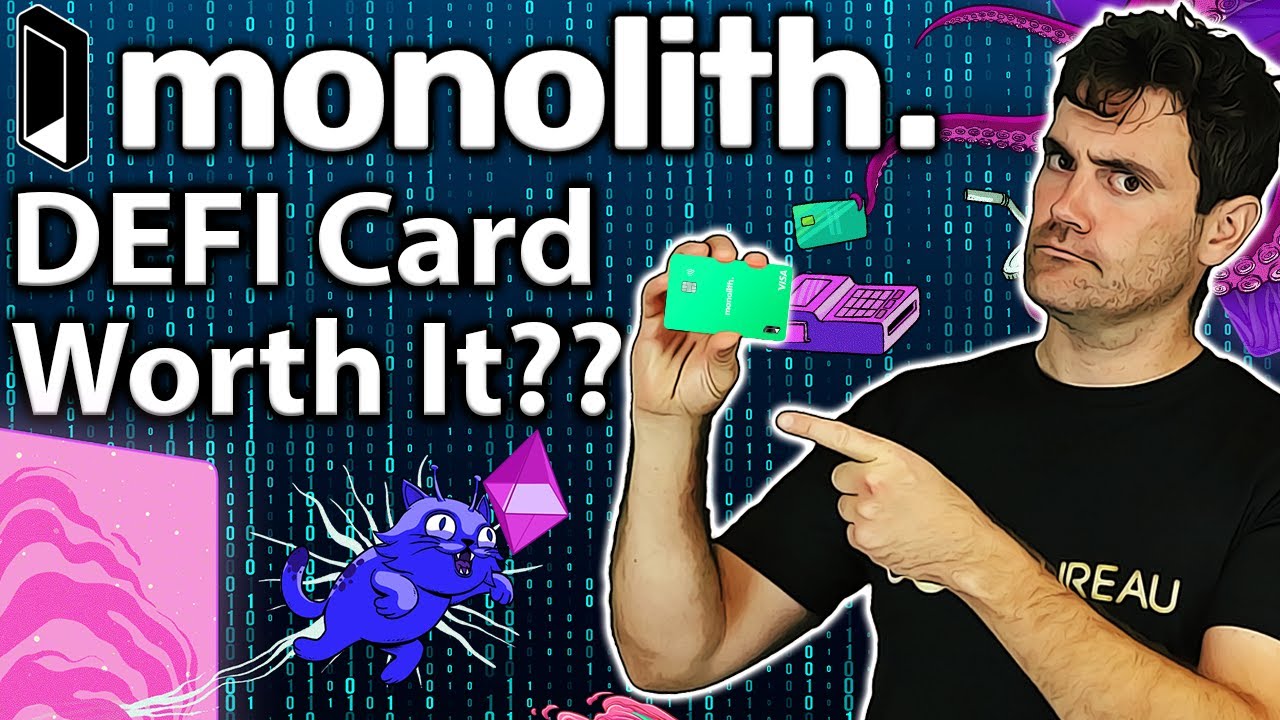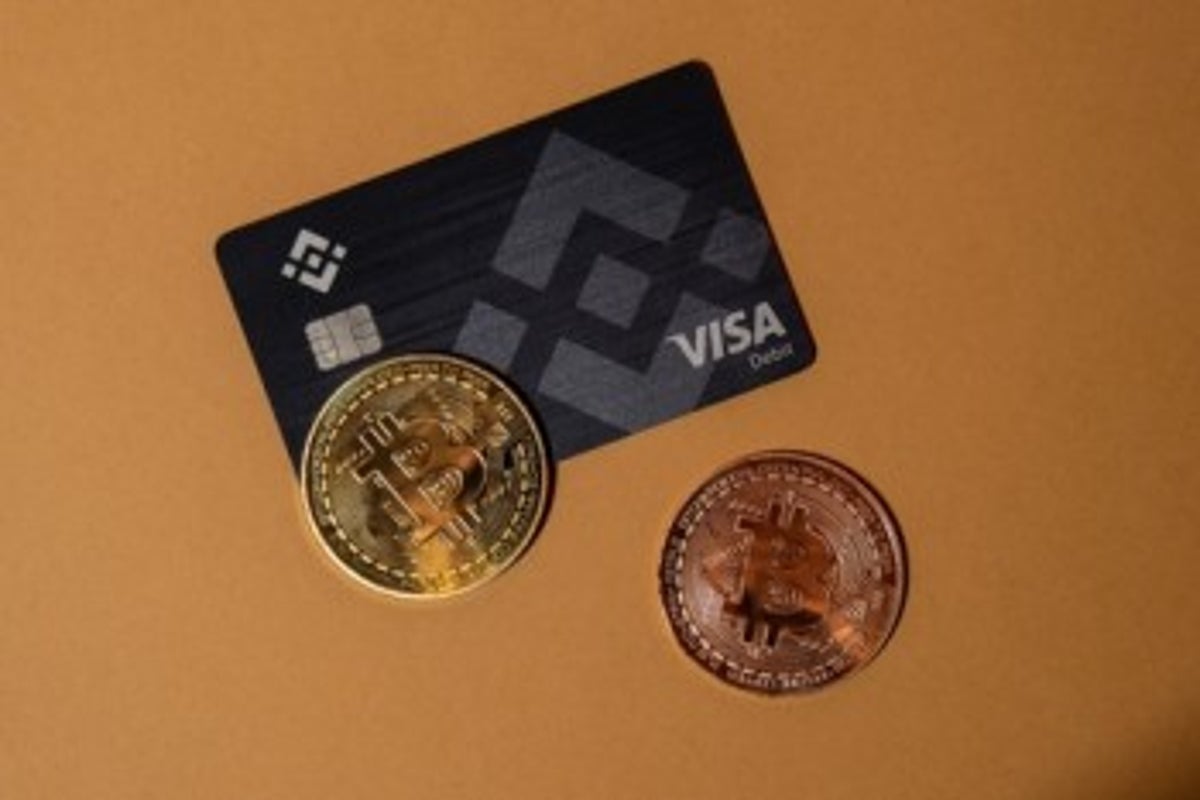
Crypto rewards cards are rapidly evolving, offering users not just cashback or travel perks, but direct access to on-chain governance voting through governance token rewards. For DeFi enthusiasts and investors, this marks a pivotal shift: your everyday spending can now translate into real influence over major blockchain protocols. But which crypto cards actually deliver governance tokens that let you participate in protocol decisions? Here’s a disciplined breakdown of the leading options for 2025.

Why Governance Tokens Matter for Crypto Card Users
Governance tokens are more than just speculative assets. They are the backbone of decentralized decision-making in leading DeFi projects. By holding these tokens, users gain the right to vote on proposals ranging from protocol upgrades to fee structures and reward allocations. This is known as on-chain governance voting, where every vote is transparently recorded on the blockchain.
The utility of governance tokens extends beyond passive holding. When integrated into crypto rewards cards, these tokens empower users to:
- Participate in DAO proposals: Influence the future direction of projects like Curve, MakerDAO, or Kyber Network.
- Shape reward mechanisms: Vote on how staking yields or liquidity incentives are distributed.
- Enhance card utility: Convert everyday purchases into tangible voting power within decentralized ecosystems.
This intersection of spending and governance is at the heart of next-generation DeFi card features.
The Top Crypto Rewards Cards With On-Chain Governance Voting (2025)
Not all crypto cards are created equal when it comes to governance participation. Below is a curated list of three leading options that provide users with governance tokens as rewards, unlocking direct influence over DeFi protocols:
Crypto Rewards Cards with On-Chain Governance Voting
-

Crypto.com Visa Card: Earn CRO rewards on every purchase. CRO is the native token of Crypto.com, and holders can participate in on-chain governance for the Crypto.org Chain, voting on network upgrades and proposals directly through the platform.
-

Monolith Visa Debit Card: Receive rewards in DeFi governance tokens such as MKR and COMP when spending from your Ethereum wallet. These tokens empower users to vote on protocol changes for projects like MakerDAO and Compound, enabling direct participation in decentralized governance.
-

Coinbase Card: Offers flexible crypto rewards, including options to earn governance tokens like AAVE, UNI, and COMP. Holders of these tokens can vote on proposals and protocol updates for their respective DeFi projects, making it easy to engage in on-chain governance while spending crypto.
Card-by-Card Breakdown: Features and Governance Utility
1. Crypto. com Visa Card (CRO Rewards)
The Crypto. com Visa Card offers CRO token rewards with every purchase. While CRO itself is not a universal DeFi governance token, it plays a crucial role in the Crypto. com ecosystem’s own on-chain governance processes. Holders can stake CRO for enhanced card benefits and participate in community votes that shape platform upgrades and new product launches.
Key Features:
- CRO staking unlocks higher cashback rates and exclusive perks
- CRO holders can vote on select ecosystem proposals via the app
- User-friendly mobile interface for tracking rewards and participating in votes
2. Monolith Visa Debit Card (On-Chain DeFi Token Rewards)
The Monolith Visa Debit Card stands out by offering direct exposure to leading DeFi protocol tokens as spending rewards. This means you can earn assets like MKR or COMP – both widely used for on-chain governance voting – each time you swipe your card.
Key Features:
- Earnings in top-tier DeFi tokens such as MKR or COMP
- Tight integration with Ethereum-based dApps for seamless voting participation
- No custodial risk – users control their private keys via smart contract wallets
3. Coinbase Card (Governance Token Reward Options)
The Coinbase Card allows users to spend multiple cryptocurrencies directly from their Coinbase account while earning up to 4% back in crypto rewards. Crucially for governance participation, Coinbase regularly updates its reward offerings to include popular governance tokens such as UNI, AAVE, or MKR when available (see more about community governance here). This gives users flexibility to select reward assets aligned with their preferred DAOs.
Key Features:
- Select from multiple crypto reward options including top-tier governance tokens when available
- No annual fees; seamless integration with existing Coinbase balances
- User-friendly interface for tracking earned tokens and participating in supported DAOs’ votes off-platform
For users seeking not just passive exposure but active participation in decentralized governance, these cards each offer unique strengths. Let’s drill deeper into how you can leverage them for on-chain voting and maximize your influence over protocol development.
How to Use Your Card Rewards for On-Chain Governance Voting
Once you’ve earned governance tokens with your crypto rewards card, the next step is putting those tokens to work. Here’s how the process typically unfolds across the three leading cards:
- Crypto. com Visa Card: Stake CRO within the Crypto. com app to unlock governance features. When a community proposal opens, use your staked CRO to vote directly on app-based ballots, influencing ecosystem changes.
- Monolith Visa Debit Card: Transfer earned DeFi tokens (like MKR or COMP) to your personal Ethereum wallet. Connect this wallet to the respective DAO’s voting portal (e. g. , MakerDAO or Compound) and cast your vote securely, with full custody of your assets.
- Coinbase Card: Choose governance tokens as your preferred reward option. Once received, transfer them off Coinbase (if needed) into a wallet that supports direct DAO participation and exercise your voting rights via official governance interfaces.
This workflow empowers users at every experience level, from first-time voters to seasoned protocol contributors, to convert their everyday spending into meaningful governance power.
Comparing Utility and Flexibility: Which Card Fits Your Governance Goals?
The right card depends on both your spending habits and desired level of involvement in DeFi governance. Here’s a disciplined comparison of their strengths:
| Card | Main Rewards | Governance Utility | User Control |
|---|---|---|---|
| Crypto. com Visa | CRO | Ecosystem votes (Crypto. com) | Semi-custodial; app-based voting |
| Monolith Visa Debit | MKR, COMP, others* | Mainstream DeFi DAOs (MakerDAO, Compound) | Full self-custody; direct on-chain voting |
| Coinbase Card | Diverse crypto options incl. UNI, AAVE, MKR* | Select DAOs supported by reward choice | Semi-custodial; transfer out for full voting rights |
*Availability of specific tokens may vary based on reward cycles and platform support.
Actionable Tips for Maximizing Governance Participation with Crypto Cards
- Select a card whose rewards align with DAOs you want to influence most, review current token offerings before committing.
- If self-custody is important for you, favor cards like Monolith that allow direct transfer and on-chain interaction without custodial risk.
- Regularly monitor new reward options, especially on platforms like Coinbase where available tokens rotate, to capitalize on emerging DAO opportunities.
- Diversify: Consider holding small balances of multiple governance tokens if you want broader influence across several protocols.
- Stay informed about upcoming votes by joining project forums or subscribing to DAO newsletters, timely participation often matters for impactful proposals.
If you’re serious about shaping the future of DeFi, and want more than just passive returns, crypto rewards cards offering governance token utility are an actionable gateway. Every purchase becomes a chance to steer protocol evolution while building long-term value through active engagement.






